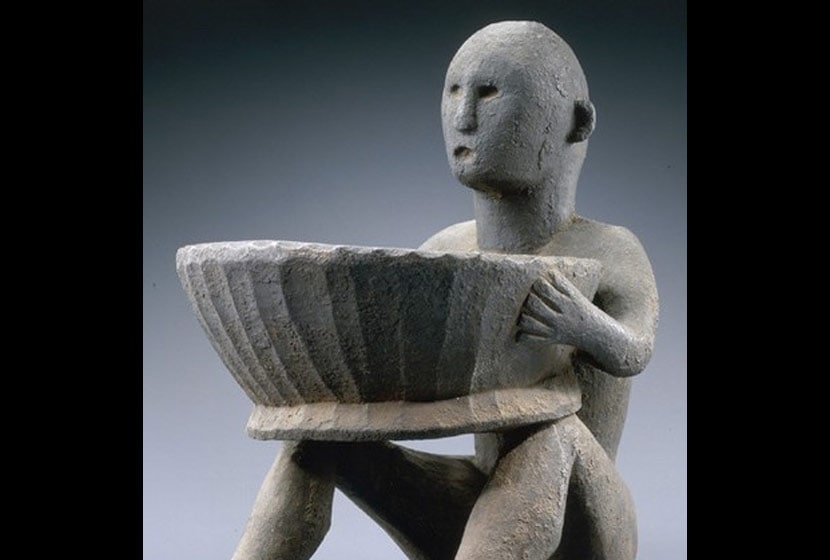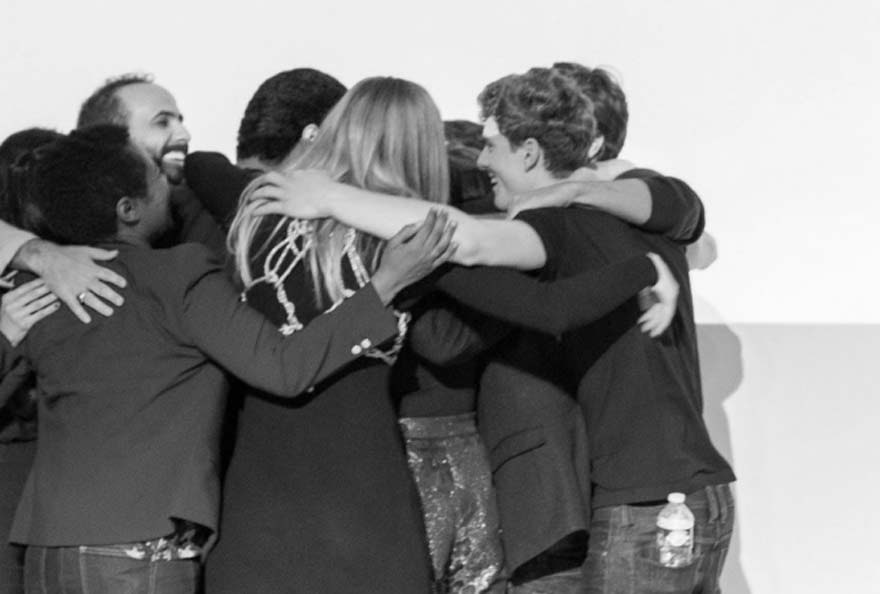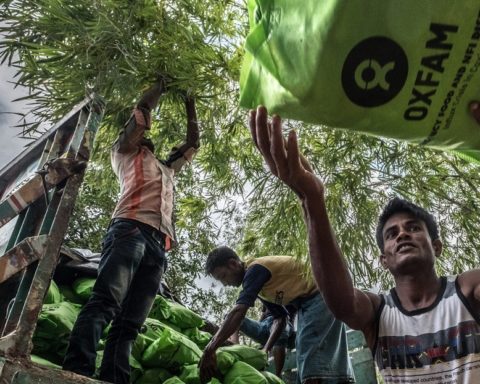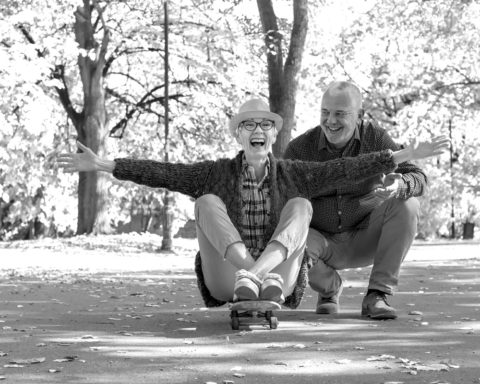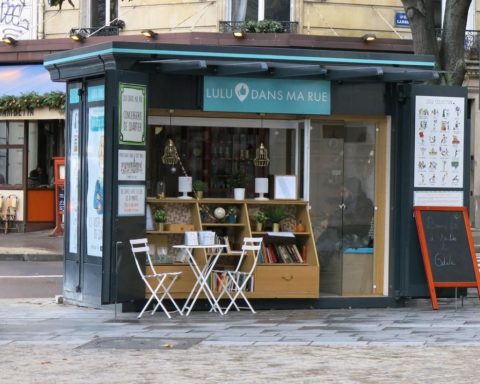The demand for solidarity, in all our societies, remains the strongest of our needs, as well as one of the most difficult to satisfy! For compassionate forms of solidarity alone no longer meet the needs of our contemporaries, who are eager to take care of themselves. This is an approach that does not invite the rich to take care of the poor, but invites them, together, to become aware of the situations that confront them and of the initiatives that can remedy them. If we adopt this approach, which is gaining ground in committed associative circles, the ideal model of the "solidary" individual, once a wealthy patron of the arts or a dedicated volunteer, tends to become that of the altruistic citizen, for collective initiatives of social or even public utility.
From received donation to shared donation
Cxperiences are among the most fruitful episodes of an existence, since they lead those concerned to transform the gift received into a shared gift. As the participants in a workshop on this theme told me "walking with a person on the wavelength of mutual giving triggers an opening process where they feel recognized and connected by a genuine bond."
In our daily lives, the flow of giving and receiving is conducive to developing a spirit of solidarity among those who have been made aware of this dynamic, if possible from a young age. But for those who have not been able to benefit from such an education, this succession of events retains the character of a random avalanche of bargains and obligations, in which the bond of solidarity finds its place only with difficulty.
Solidarity, an emerging concept
"Idea, value or principle"? "Solidarity is indeed an elusive notion. If the questions it raises today were lucidly confronted, solidarity would have a better fate than the consensual trivialization into which it is likely to sink".says the historian Marie-Claude Blais, in the conclusion of a book referring to (1).
My hypothesis is that knowing how to recognize the value of the selfless gifts we receive at different stages of our lives can help us avoid this pitfall.
As the psychoanalyst observes Jacques Arènes : "In a culture where places have to be won, identity is being won today in the struggle for recognition. The demands of recognition are at the heart of the social bond. » (2)
In the present context, to be recognized is not to seek glory nor to give a street its name, it is to find one's place among the living.
While recognizing the merit of others means breaking the isolation to which our status as individuals can confine us, to feel solidarity with destinies other than our own. In the same way, it means making room within ourselves to welcome our fellow human beings, from the smallest to the largest.
As the philosopher points out Paul RicoeurThis dynamic of recognition plays an essential role in the gift economy because better than any other, "It is a way of escaping from self-unknowledge and contempt for others, for the fragile promise of a gift that does not wait for a return. »( 3)
To the happiness of the more than expected
The stakes are fragile, in fact, as this route can present us with some formidable challenges. Accepting the gift of others is not self-evident in our culture and does not necessarily create a lasting bond between its protagonists, because of the uncertainty of their respective disinterest.
Even more than the act of giving freely, the act of receiving is a risky act of trust that can frighten the uninitiated. Because a priori, nothing indicates to him that a potential donor is not looking for those who are obliged to give, for expensive counter-gifts. The old proverb "he who pays is master" inspires frequent but not always well-founded trials of intent to justify the refusal of help or a lack of gratitude. How often do we hear this fearful reaction: "I'm afraid I'm gonna get caught. »
"What a sadness that this fear" observes psychologist F. Navard, "So much lack of relationship, so much lack of profit...don't we have to learn to let ourselves be taken, touched, surprised by the other? To know how to get lost, to know how to receive. » (correspondence with author).
It cannot be overemphasized: the case-by-case elucidation of this deadly doubt is the guarantor of our bonds of solidarity with our benefactors, as with the beneficiaries of our own donations. It is in this sense that we can attribute generosity to the act of receiving, where lucidity and gratitude have a vocation to coexist in the act of recognition called to bring them together.
As F. Navard rejoices, "Trust, gambling, faith open a field where everything is possible - not in the order of calculation or result - but in discovery. To be touched, drawn, surprised more than expected, that could be my formula for happiness "more than expected" ..."
At a time when our society is called upon to engage in profound reforms, may this effort contribute to reducing the spirit of mistrust that threatens it.

(recast version and completed report Humanism and Enterprise)
READ UP': "The Economics of Giving and its Ethics."
1) Blais MC - Solidarity, the story of an idea, Paris, 2007, Gallimard, p. 334.
2) Arena J - "The autonomous individual, from the good use of a myth" Studies, November 2010, p 485-494.
3) Degoy L and Speyer A, "Ricoeur en reconnaissance d'humanité" L'Humanité, 24/3/2 004.

